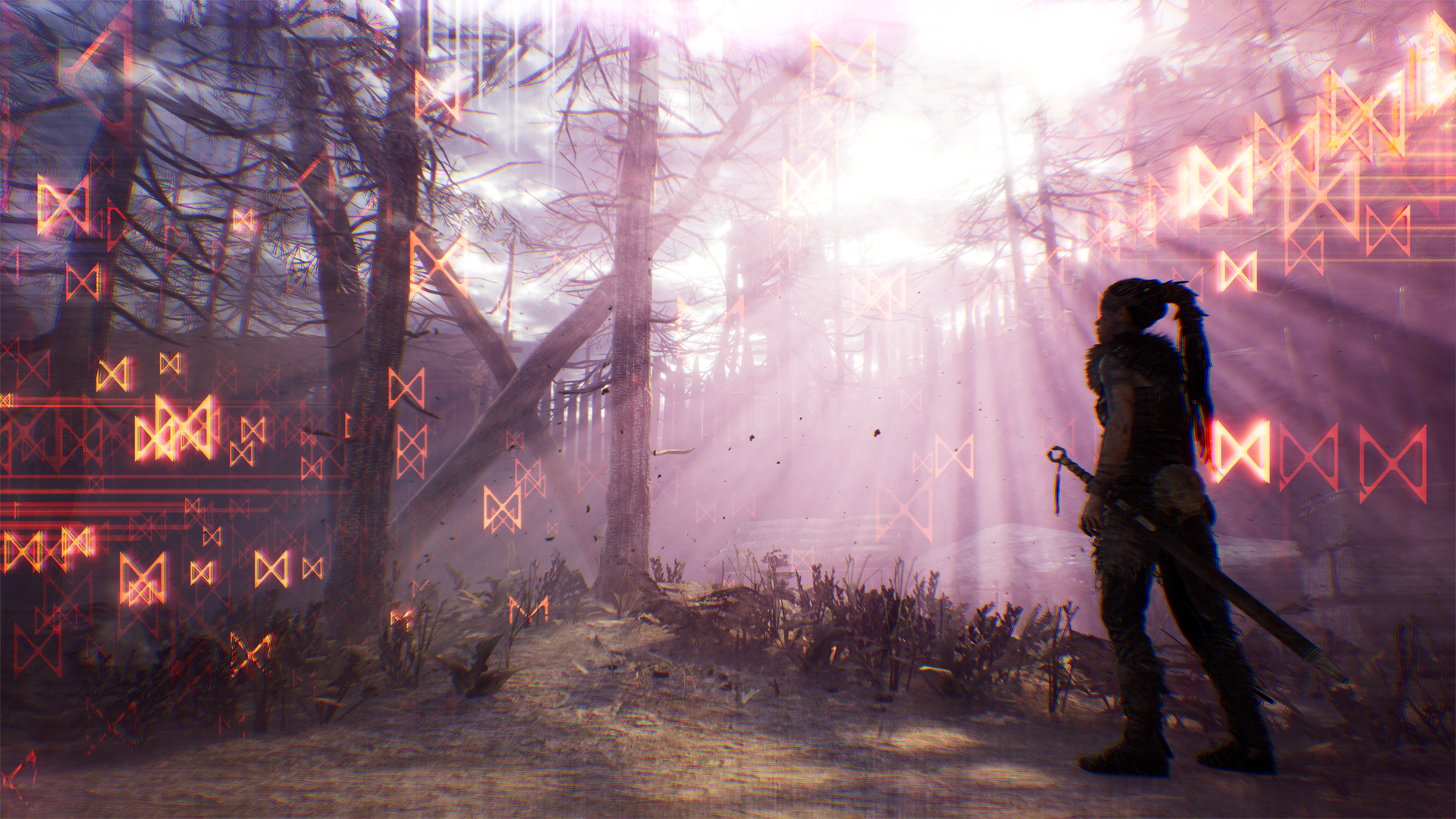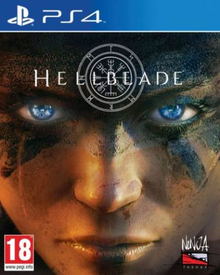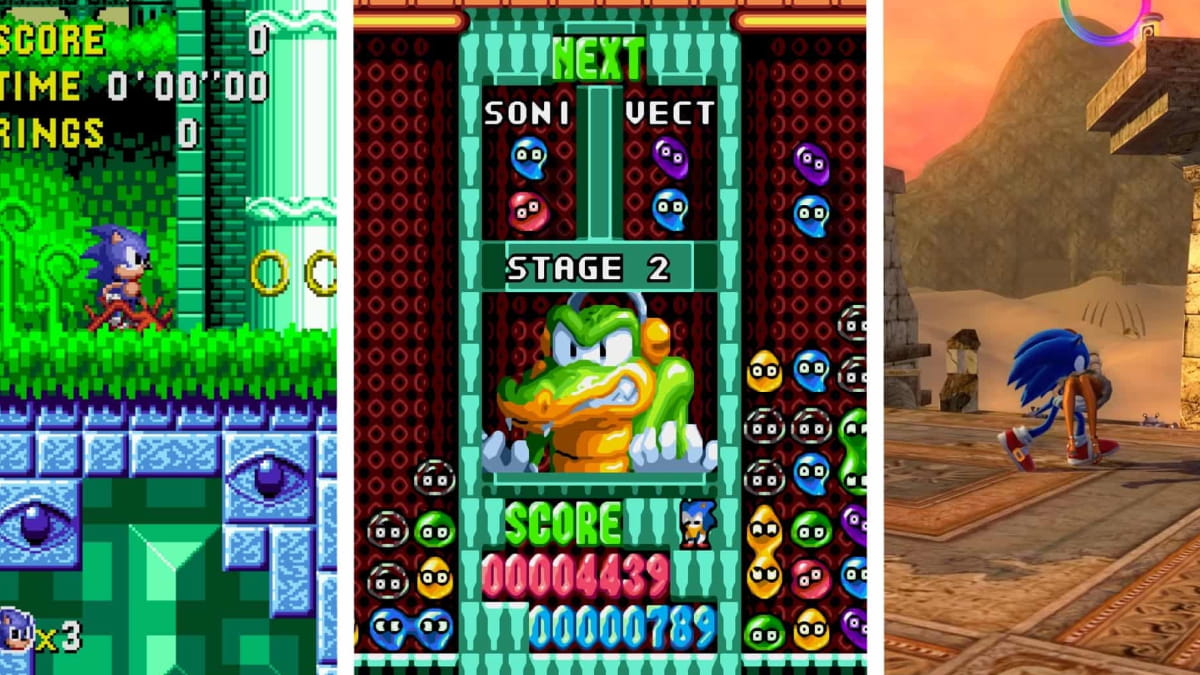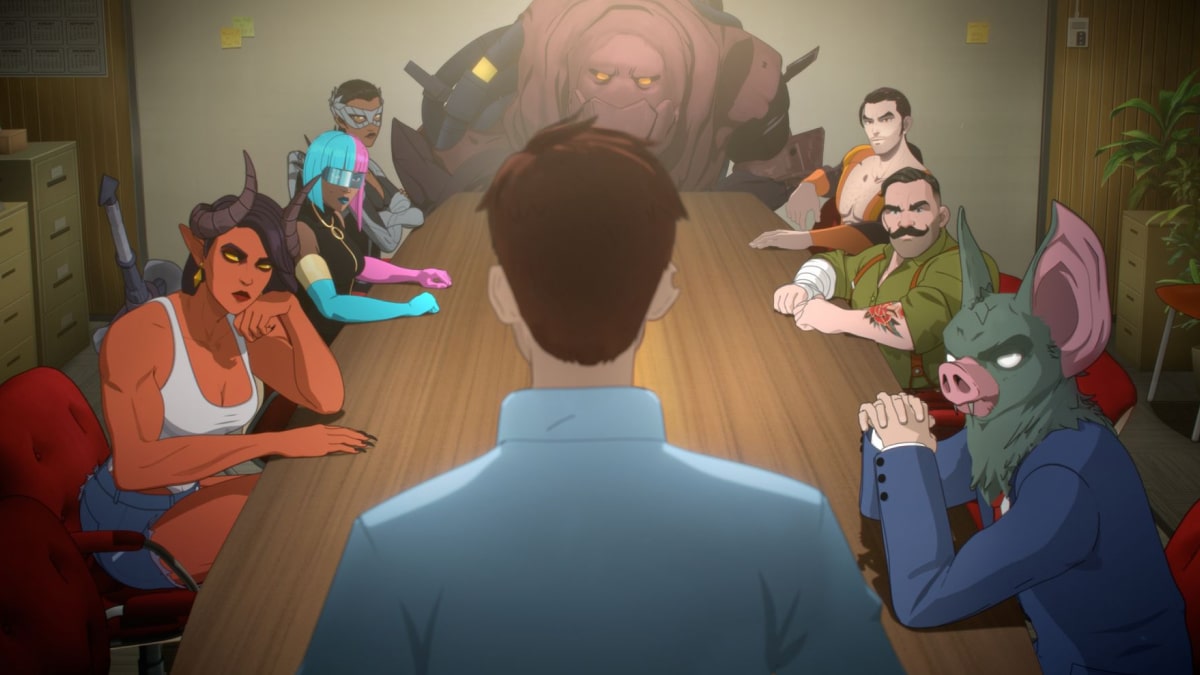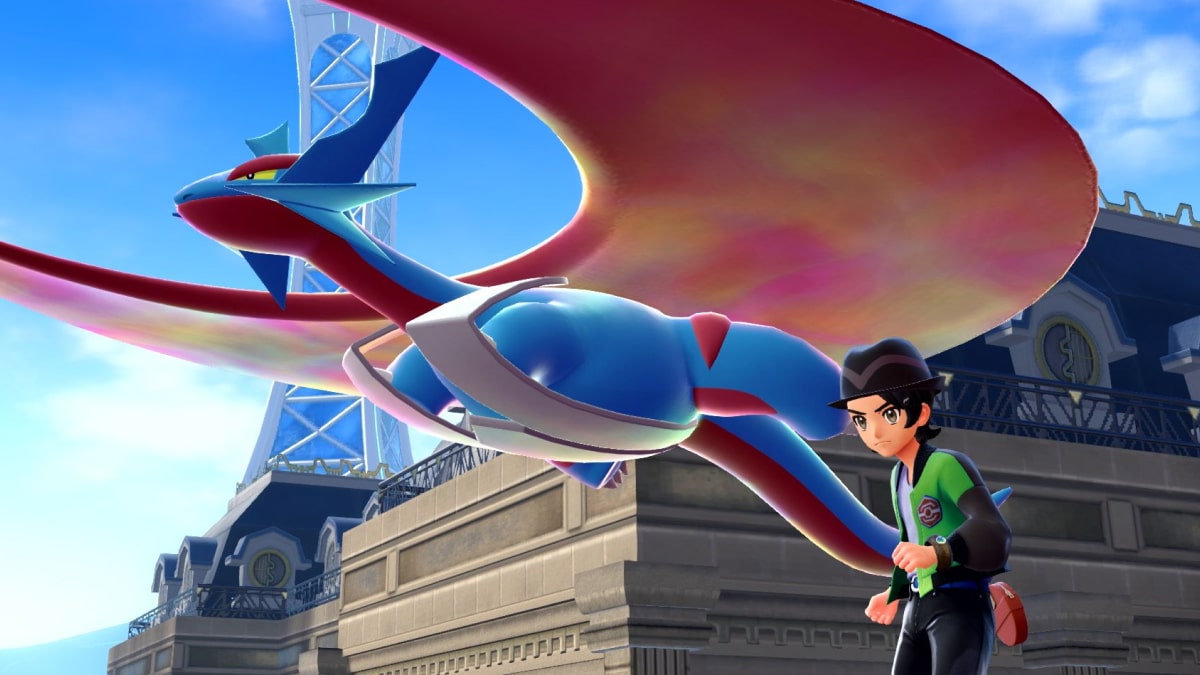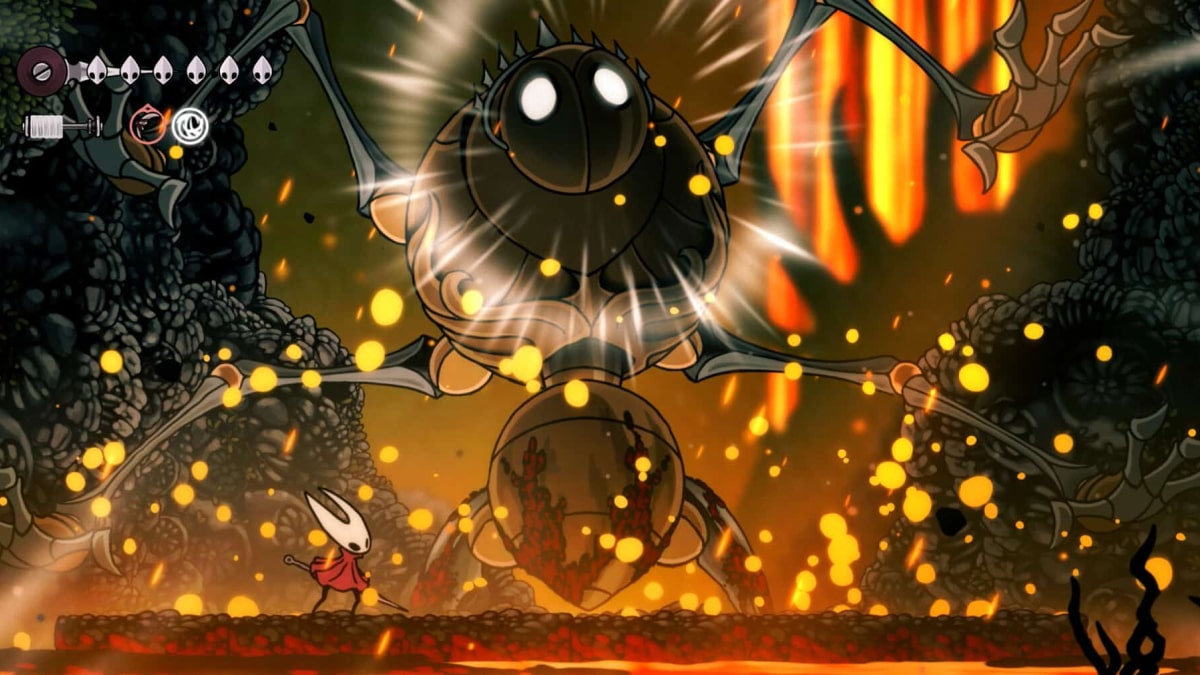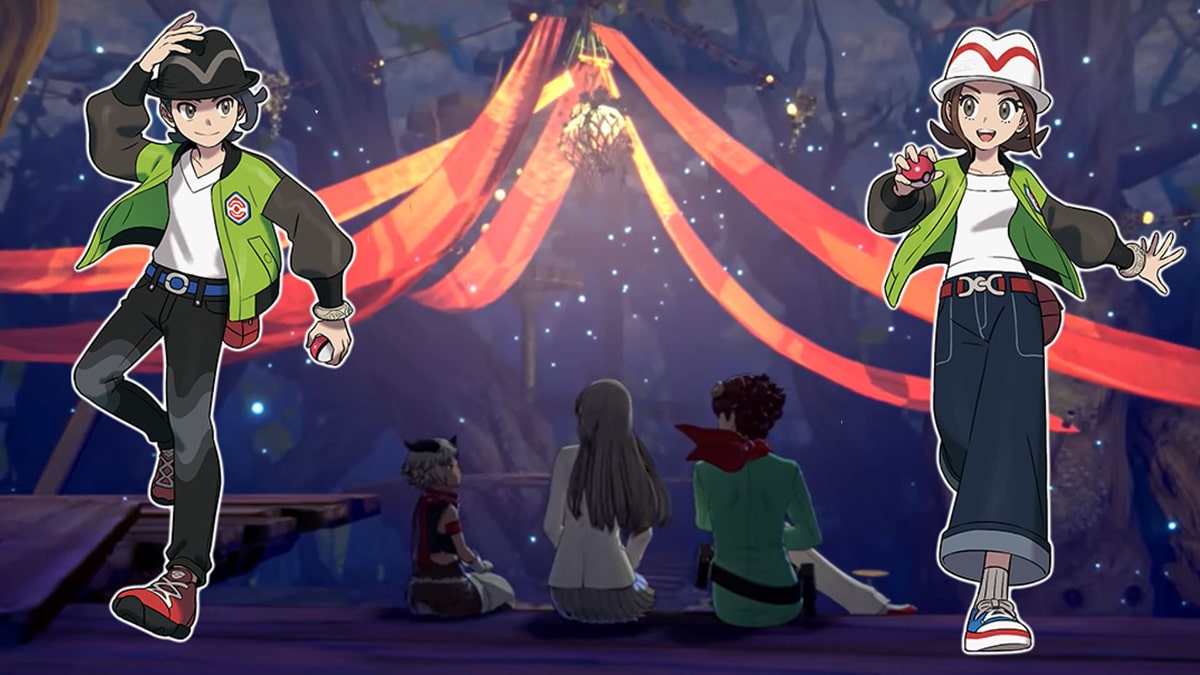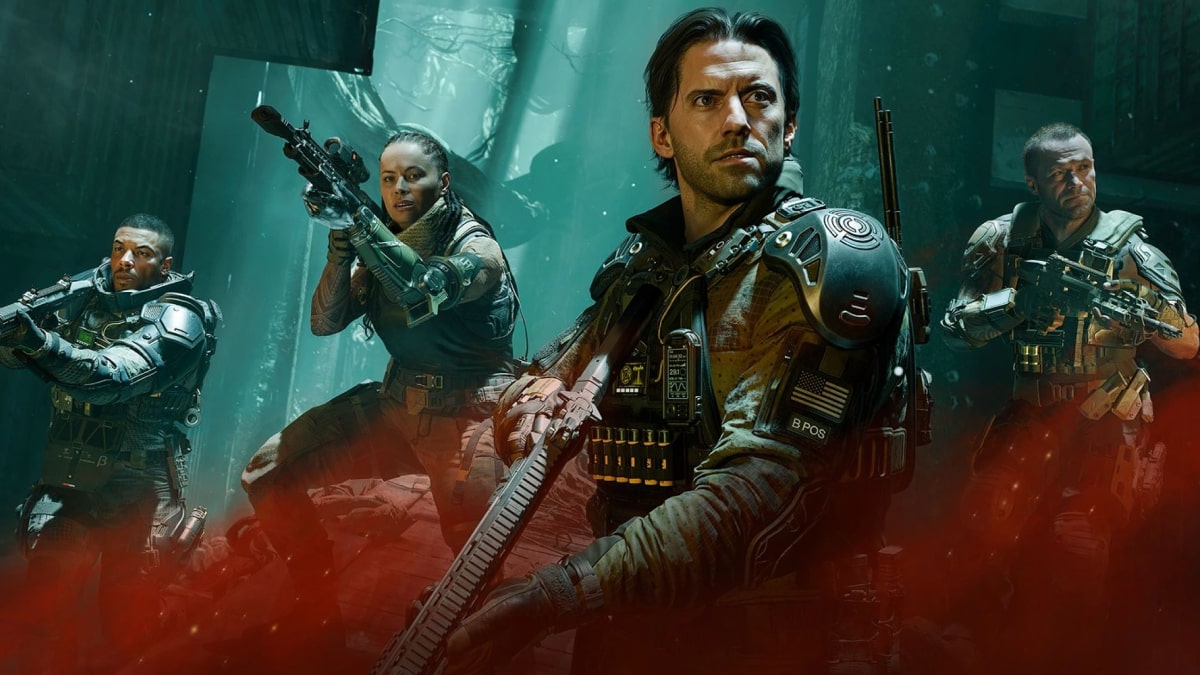You can trust VideoGamer. Our team of gaming experts spend hours testing and reviewing the latest games, to ensure you're reading the most comprehensive guide possible. Rest assured, all imagery and advice is unique and original. Check out how we test and review games here
According to Tameem Antoniades, co-founder of the UK based studio Ninja Theory, the hardest part about making an ‘independent AAA’ game is — apart from the money, of course — just figuring out what you can actually do with a small team.
On big budget projects with a lot of staff you can, Antoniades explained, plan out more of your game: you can plan the story and the level design before you sit down and start to make it. ‘If you’ve only got one environment artist, the size of your world depends on what that one guy can build,’ he said. ‘So there’s a process of discovery across every team member.’
Ninja Theory has worked on some big titles over the years, including DmC: Devil May Cry, which public opinion seems to have retconned into having been bad despite generally positive reviews at the time (I’m on Team DmC Was Good). Recently, the developer funneled off a small number of the 100 strong staff into making Hellblade: Senua’s Sacrifice, which came out at the start of August. Speaking at Hellblade’s launch, Antoniades said that the current gaming landscape feels, in movie terms, like it’s skipped the Raging Bulls and Black Swans and has ‘gone straight to the Marvel blockbusters’.
‘We knew we could only afford to make one speaking character in the game — with facial expressions,’ said Antoniades. ‘So can you carry a story with just one character like that, or is it going to just feel cheap in some way? So all these questions were just really unknown, and there was no way to really work it out other than to just work through each problem as we went.’
/https://oimg.videogamer.com/images/4095/6a414911-1392-4afe-92a0-62f39dbcb4e4_175ab502-fb17-46b4-ba26-40234e31ce2a_Screenshot_01-1024x576.jpg)
Hellblade’s story is carried by Senua, an 8th century Pictish warrior whose home has been ransacked by Vikings. In the game, she’s trying to enter the Viking underworld, Hel, to save the soul of her lover Dillion. The trauma has triggered a psychotic break and Senua, who always struggled with her mental health, is having visions and hearing voices as a result of her psychosis. Hellblade was partly funded by a grant from the Wellcome Trust, which is a charity that funds biomedical research, but branches into supporting media inspired by the topic. Ninja Theory also consulted extensively with both academics like Paul Fletcher, Professor of Health and Neuroscience at Cambridge, and people with lived experience of psychosis at Recovery College East. Fletcher, along with Tracey Bartlett from Recovery College, talked about their involvement in the game, and both mentioned the representation of mental health in pop culture. I brought this idea up — how mental health was approached in games specifically — to Antoniades, and used the word ‘sensitivity’. I was politely rebuffed.
‘I have to say, when I hear the words “sensitively” and “delicately” and I think of what is in the game — it’s not that. The experiences that I’ve heard of, that people have, are sometimes brutal, beyond anything I could imagine.’ Antoniades had spoken to people who’d entered a room to see corpses and tried to revive them, and had been contacted by a mother whose daughter hears screaming and banging 24 hours of the day.
‘I think this game — it sort of doesn’t treat it with kid gloves. It treats it in quite a literal level. But that’s what the experiences are. They’re far more literal than I imagined. Where it is sensitive it’s sensitive to the research,’ he explained. ‘We spent a lot of time with Paul and with Tracy and with others just trying to understand the experience. So in that sense it’s representative to an extent — as much as a video game probably can be.’
The original idea for Hellblade was to create a fantasy, ‘but everyone copies Lord of the Rings.’ Thinking about how parts of Lord of the Rings were based on Tolkien’s experience of the First World War lead Antoniades to thinking about works like Don Quixote, and the idea of ‘fantasy coming from the mind’. This in turn lead him to reading about psychosis on different forums, and discovering he knew ‘so little about this incredible experience that people have, that can be both beautiful and harrowing.’
/https://oimg.videogamer.com/images/418e/f5ffce05-f2f0-4aec-97a1-9ae5021224b5_59b380cd-0fc7-47ed-8f42-4a376ae51c6c_Screenshot_02-1024x576.jpg)
‘What I didn’t want a game like this to be is “edutainment”. I didn’t want it to feel like it’s inaccessible,’ Antoniades explained to me. ‘It’s a mainstream style game, it’s an action adventure not dissimilar to previous games we’ve done, but with this additional layer on top. I think that’s okay. I think normalising mental health issues, that’s another avenue to destigmatising it.’
The people that Ninja Theory consulted with agree: Fletcher said, ‘I think the person they’ve created in it is truly a hero; she’s a fully fleshed out person who is not just a representation of a list of symptoms,’ and Bartlett added, ‘I think as a character she shows courage and resilience to continue on with her quest despite the challenges faced: that’s the message. From us at Recovery College that’s the message.’; both also talked about breaking down stigmas associated with mental health.
Since the game came out, and since I spoke to Antoniades, however, other people who have lived experience of the illness have played and criticised Hellblade for how it chose to represent Senua’s realities. In this piece by Dia Lacina, she talks about how Hellblade’s research shows, but that it was focused on getting the technicalities of the symptoms right rather than the personal aspects, and that a lot of the choices Ninja Theory made mean that ‘this game invalidates the experiences of people with mental illness at nearly every turn.’
A large issue for Lacina is that Senua is divorced from a social context. Though this is a choice that Antoniades specifically mentioned above, and that Ninja Theory made for practical reasons, Lacina points out that, ‘People with mental illness have to live among other people. That’s a colossal part of what makes living with mental illness a struggle. To remove that context for narrative and gameplay reasons undercuts any desire from the developers to be sensitive or didactic.’ Fletcher and Bartlett may believe Senua is a ‘fully fleshed out person’, but Lacina experienced her as a ‘gamified symptom set’. Consulting and researching is a good thing to do, but not if it’s applied to a concept that doesn’t support it.
/https://oimg.videogamer.com/images/f7f2/1971e4c9-5fd7-490f-a16c-01160a047be7_be1df098-8720-4375-abb6-cbdf2699b40c_1920x1080-1024x576.jpg)
Antoniades was aware from the start that the game would get some strong responses, but his comment at the launch suggests that he was perhaps expecting most negative responses to be from neurotypical players. ‘I am very proud of our collaboration and the open mindedness by Recovery College East, by Wellcome, by Paul,’ he said. ‘I think the results and the impact, in my view, are worth it.’ I, myself, thought Hellblade was a very good game, but I’ve also never experienced psychosis.
Even if it wasn’t always applied constructively, Ninja Theory does seem to have valued the consultation work it carried out. Bartlett, who switched careers to working at Recovery College after struggling with her own mental health, commented, ‘I think what I need to say as well is how thoughtful everyone has been around our involvement. Everyone has really valued that lived experience, and that’s been really important to us.’ She went on to say, ‘We were so delighted to be involved with this project. And we really honour what everyone has tried to achieve, and we feel very proud of our involvement.’
Ninja Theory’s involvement with both Fletcher and Recovery College hasn’t ended. Fletcher has been especially interested in the research opportunities presented by VR, and Ninja Theory collaborated with Wellcome on a website to help connect people to mental health services in their country. ‘We’ve been talking to Tracey’s group about setting up a scholarship programme to help train more people like Tracey,’ said Antoniades. ‘Nothing’s happened yet but that’s something we want to do.’
Hellblade: Senua’s Sacrifice
- Platform(s): Nintendo Switch, PC, PlayStation 4, Xbox One
- Genre(s): Action
